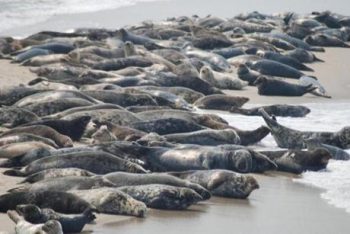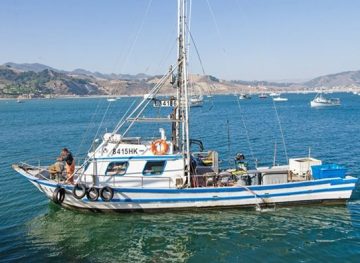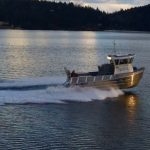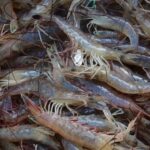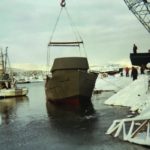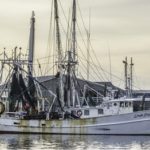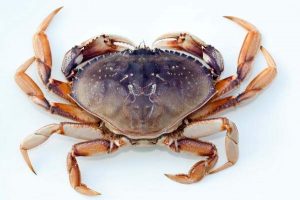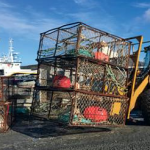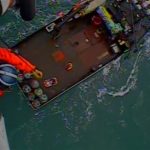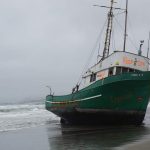Daily Archives: September 20, 2018
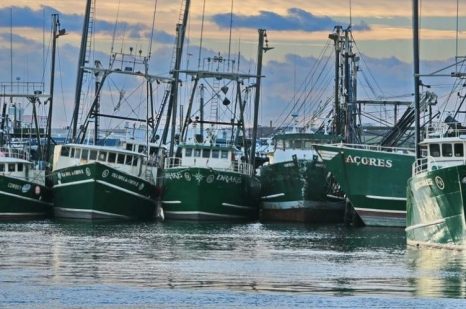
NOAA Seeks $3 Million in Civil Fines against Carlos Rafael, Takes Aim at 20 Captains
NOAA hasn’t removed Carlos Rafael from its crosshairs. It’s requesting more than $3 million from the fishing tycoon and also took aim at 20 additional Rafael captains in a civil action filed last week, the governing agency told The Standard-Times on Thursday. NOAA issued superseding charging documents in its civil administrative case involving Rafael on Sept. 10, which added charges and included more respondents than the original document NOAA issued Jan. 10. The new document seeks to revoke 42 of Rafael’s federal fishing permits, prevent Rafael or his agents from applying for NOAA permits in the future, and increase the total monetary penalties sought from $983,528 to $3,356,269.,,, The documents, which are non-criminal, also increased the number of alleged violations of federal fishery laws from 35 to 88 in addition to lassoing 20 of Rafael’s captains into the civil action. The original documents included only two captains. NOAA also is seeking to revoke operator permits of 17 fishing vessel captains for Rafael. >click to read<20:48
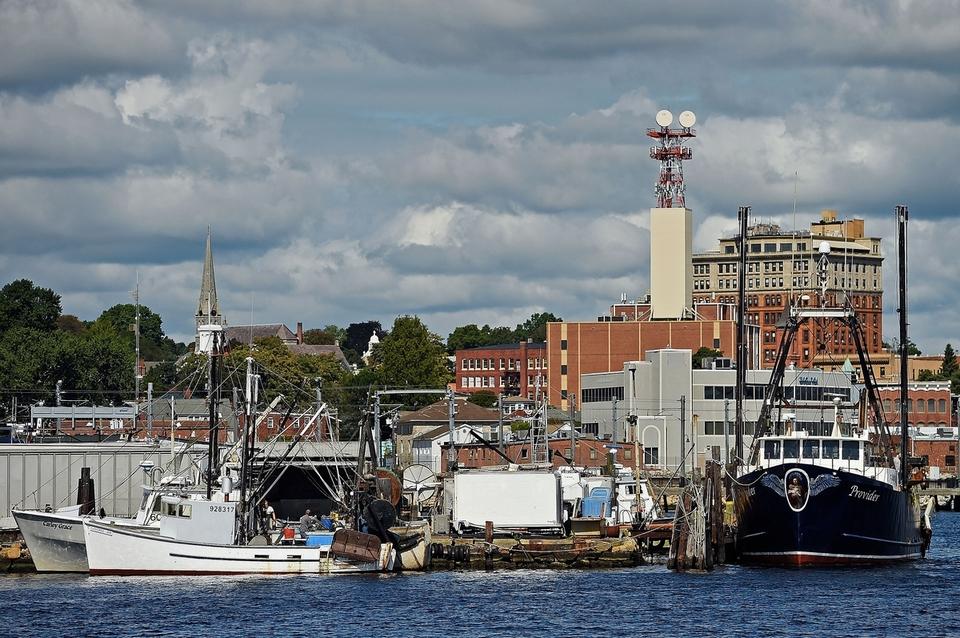
New London fishing fleet signs lease at Fort Trumbull
The city’s commercial fishing fleet has secured a lease to continue its operations on the Fort Trumbull peninsula and opened the door to future expansion. The Renaissance City Development Association approved a five-year, $2,500-a-month lease agreement with New London Seafood Distributors on Thursday and, for the time being, allayed concerns by the fleet of being evicted from the site. New London Seafood was formed in 1989 and started operating off two piers when it still was owned by the Castle family, owners of Lehigh Oil. The fleet managed to survive at its location during the time the city took homes and businesses in the Fort Trumbull neighborhood through use of eminent domain. >click to read<
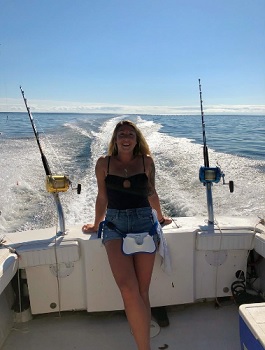
How I got hooked on the secret world of tuna fishing
For some, tuna fishing can be like watching paint dry. You head out early in the morning, catch your bait, steam to your marked spot, set up the rods, and wait, and wait, and wait. But once you have the fishing bug, either by birth or from hearing a reel screaming for the first time, you’re hooked. After three days on the water tuna fishing I heard that golden sound and I am indeed hooked. It’s something that I’ve always wanted to experience: to haul in a bluefin tuna with its gorgeous yellow dorsal finlets after a long and strategic battle. >click to read<17:50
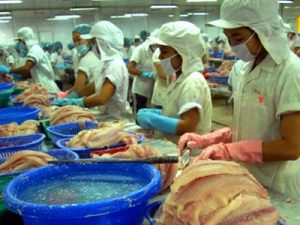
Opinion: The seafood trade deficit is a diversionary tactic
Lately, politicians, bureaucrats and journalists have begun lamenting the fact that the United States runs a seafood trade deficit. Secretary of Commerce Wilbur Ross. The booming economy trumps Trump’s trade battle with China has called the deficit “silly” given the ample U.S. coastline. In June, Timothy Gallaudet, Acting Administrator of National Oceanic and Atmospheric Administration, suggested reducing the seafood trade deficit by allowing commercial fishing in marine protected areas. Now the agency has launched a series of public listening sessions on the topic that began Aug. 31 and continue through November. >click to read<15:08
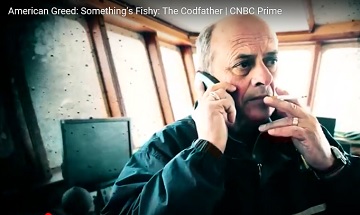
American Greed: ‘Something’s Fishy’: CNBC the latest to tell Carlos Rafael story
“Carlos Rafael makes millions as the owner of one of the largest commercial fishing businesses on the East Coast but will his big mouth get him hooked in an undercover IRS sting with agents posing as Russian mobsters?” SPOILER ALERT: Yes, it will. CNBC is the latest media outlet to zero in on the story of New Bedford’s “Codfather” with an American Greed episode airing at 10 p.m. Monday called “Something Fishy.” Rafael’s downfall started with a conversation between the fishing mogul and undercover agents in his New Bedford office. You can hear it all here … >click to read< 12:02
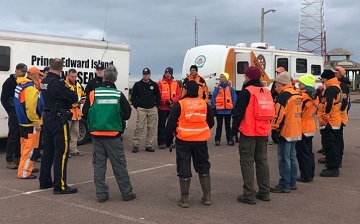
The Official Search ended, but there are boats on the water searching for missing P.E.I Fishermen
The official search on the water for two fishermen missing off North Cape, P.E.I., has ended, but boats from the area will be back on the water continuing their own search Thursday. The Kyla Anne capsized a few kilometres from shore Tuesday afternoon. One crew member made it back to shore, but Glen DesRoches and Maurice (Moe) Getson did not. The Joint Rescue Coordination Centre called off its search, which involved coast guard vessels and helicopters, Wednesday evening. That search had continued for hours beyond any chance that the men would be found alive. >click to read<11:30
Ground Search and Rescue mission at North Cape suspended – >click to read<9/21/2018 11:43






